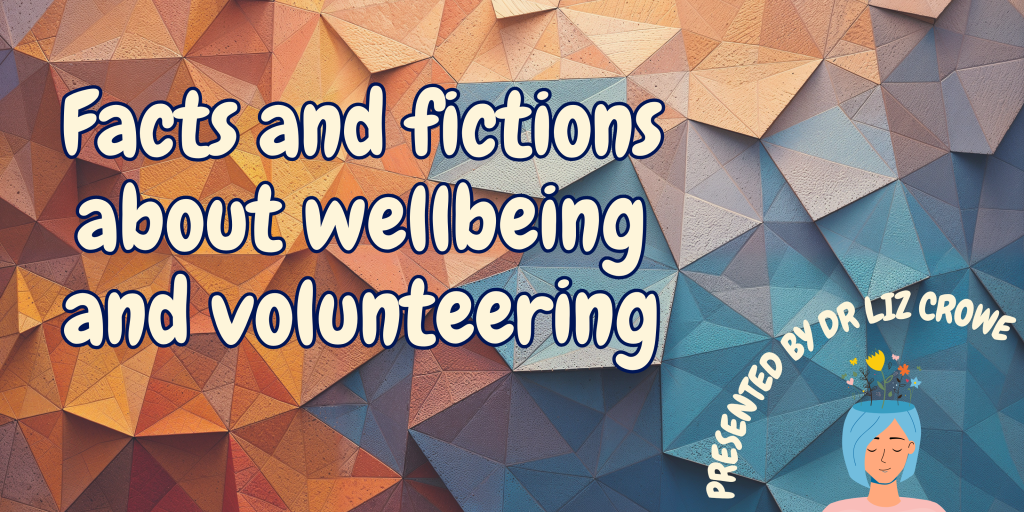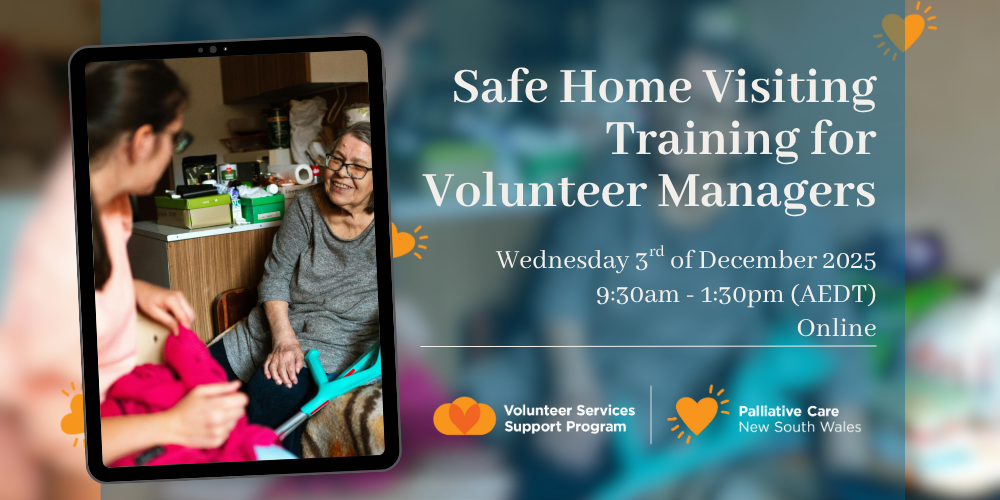
5 Ways to Use Music at the End of Life
- by Maria Lopez
- March 2, 2022
Music has a rich and valuable role to play at the end of life. When we are involved in someone’s dying process, music can add a richness to this mysterious, often painful, and very often beautiful experience.
- Speak Through Songs: pick a piece of music that expresses something you would like to say to your loved one or client. It can be one song, or an entire album. It can be happy, sad, reminiscent, angry, silly, pensive or forlorn; the music can tell a story, speak a prayer, or say I love you. Listen to the recording together, or if you’re a performing musician, play or sing it. You can discuss it after or simply let the music hang in the air and speak for itself.
- Songs for Every Year: reflect on the life of the person who is dying. What is one song that represents each year of this person’s life? It can be one song a year or one song a decade. Pick the songs – you can create a playlist or CD of them all, discuss whether to use some of them for a future memorial service or funeral, or simply use the song titles as a means for reviewing a life lived.
- Sing, Sing, Sing: Sing together. Sing your favourite songs. Start with kids’ songs if that’s easier. Singing silly songs can beget laughter, which is the best medicine of all. Sing songs that have personal significance – hits from teenage years, lullabies sung to children, songs from a religious or cultural tradition if that is relevant. Singing is a powerful healing tool that humans and other mammals use instinctively.
- Create Supportive Playlists: Music can be chosen selectively to be played at different times of day, for different purposes. Find live or recorded music to play for relaxation before a stressful procedure, for rest at bedtime, or for pain management. Make a schedule if that is helpful. Experiment with different kinds of music: maybe someone finds Celtic harp the perfect bedtime soundtrack, while Metallica seems to get them through a dressing change or bed transfer.
- Ask the Questions: Try to avoid asking, “what kind of music do you like,” and ask instead, “what music has been meaningful in your life?” You will be inviting a richer scope of answers. This can be a catalyst for a deep, connective conversation with someone. Music accompanies people on their life journeys and almost everyone will have some kind of profound story to share about how music has supported a meaningful moment in their lives.
Anyone can incorporate music into care. Music is inherently human, healing, and connecting, and music care happens in relationship. Bringing music into the dying process can add meaning, depth, and soulfulness to all involved.
Sarah Pearson is a music therapist in a hospital in Ontario. She is the Program Development Coordinator for the Room 217 Foundation.
Upcoming Events
- NOVEMBER 11, 2025
- 10:30 AM - 11:30 AM
Facts and fictions about wellbeing and volunteering
Wellbeing is a deeply personal experience, shaped by each individual’...
Read more- DECEMBER 2, 2025
- 10:00 AM - 12:00 PM
NSW Network of Managers of Palliative Care Volunteers – December meeting & Christmas lunch
The role of the Network is to ensure best practice for managers of palliati...
Read more- DECEMBER 3, 2025
- 9:30 AM - 1:30 PM
Safe Home Visiting – Training for Palliative Care Volunteer Managers
Safe Home Visiting will assist you to make your home visits productive and ...
Read moreBecome a member of Palliative Care NSW
Palliative Care New South Wales is the peak body in NSW representing palliative care providers and those with an interest in palliative care. Palliative Care New South Wales is a member of the national peak body Palliative Care Australia.
Join today and receive discounts, benefits and more!
Special member rate available for volunteers.
Subscribe to our eNews
Be the first to know our latest new, events, and research!
SUBSCRIBE TO ENEWS





